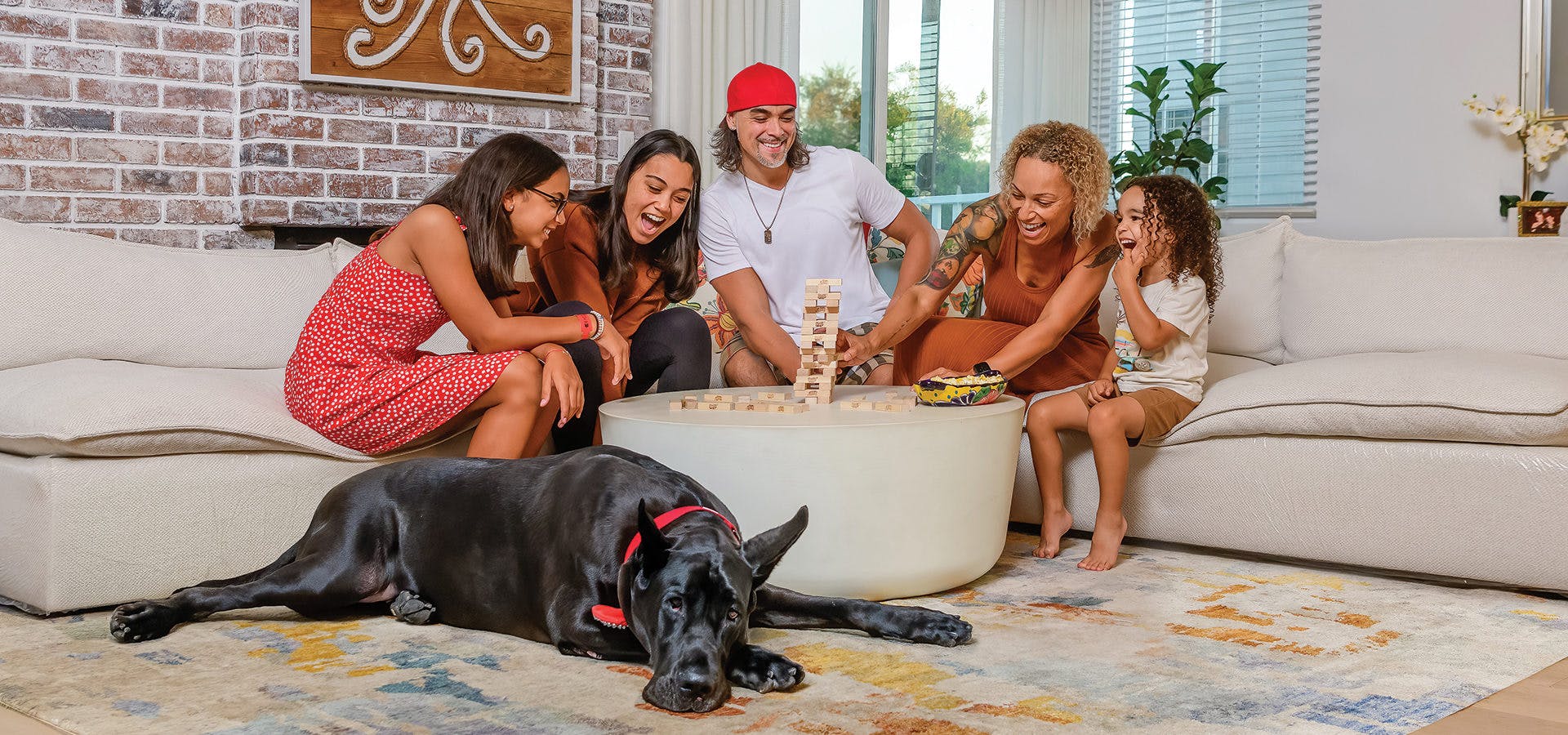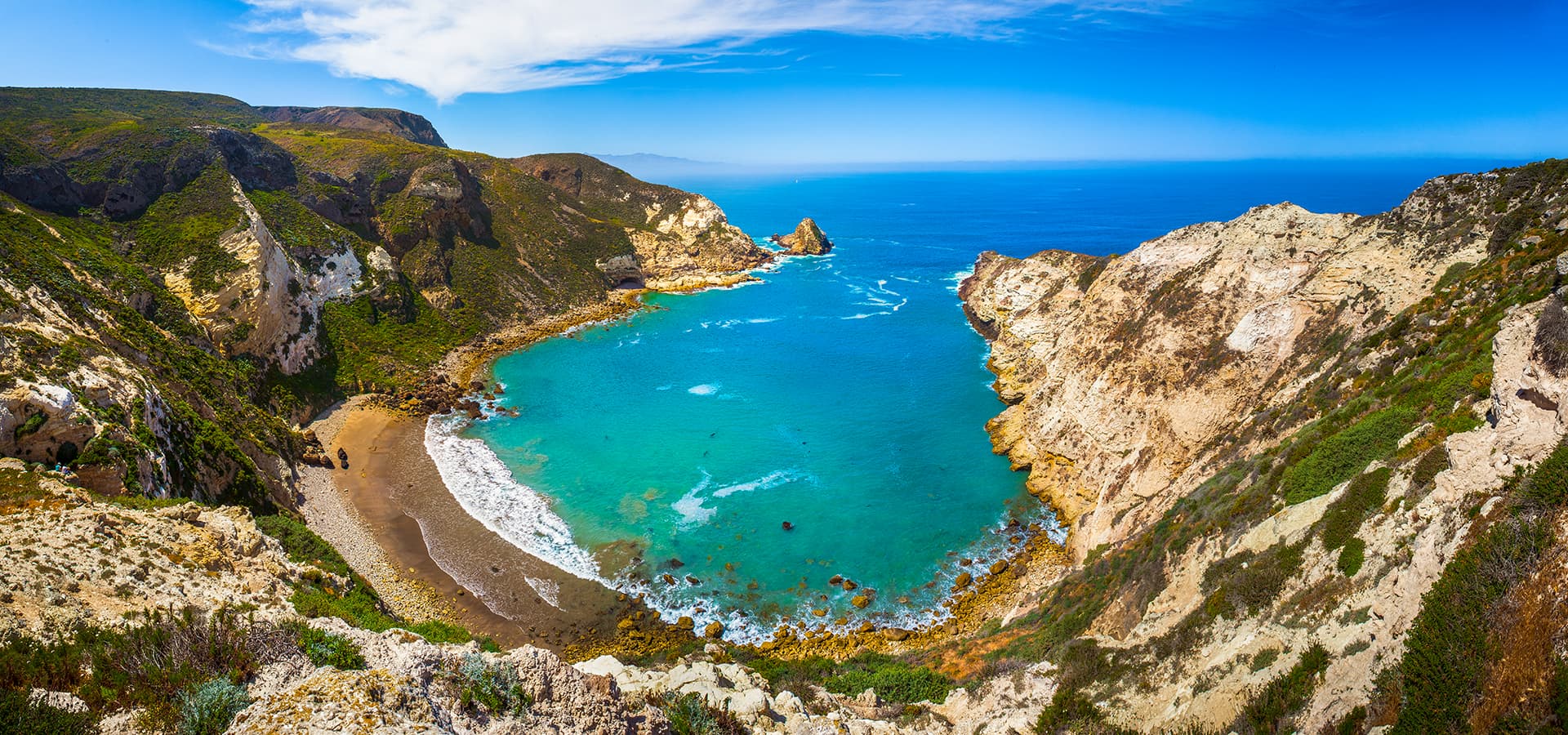Je’Nai Kuhn is a fourth-generation Manhattan Beach resident. Today she and her husband, Rory Kuhn, are raising their three children—Krislynne, 17, Kayden, 12, and Kasper, 4—next door to the home where Je’Nai’s mother, Kristi, was raised with her siblings.
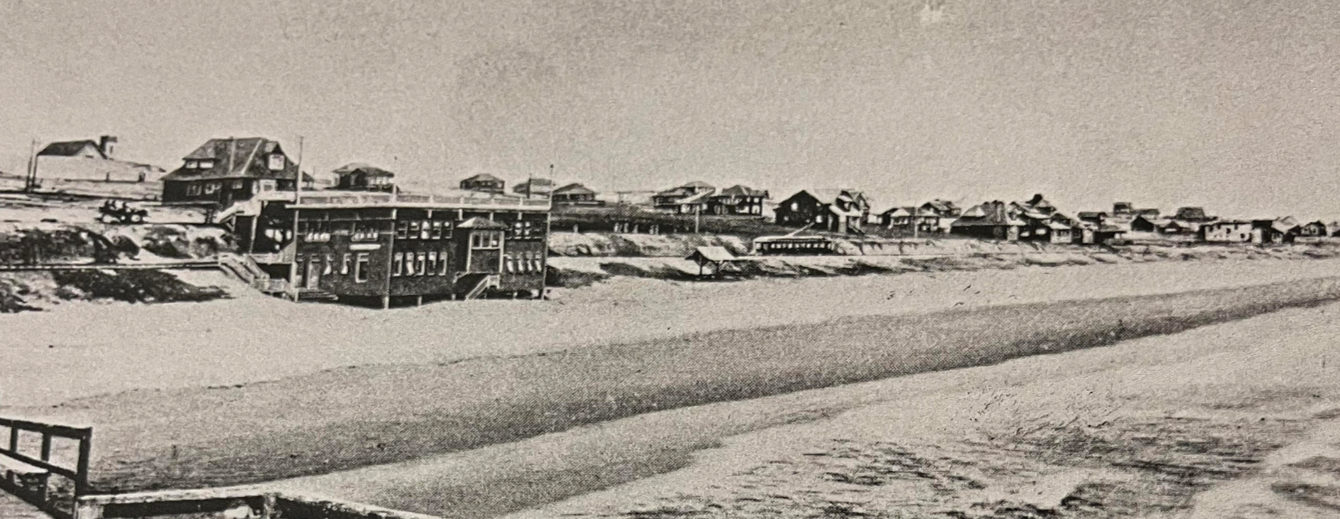
“One of our neighbors, Nikki, used to babysit my mom,” Je’Nai notes. “She said, ‘I remember your family. I used to watch your mom for your grandma.”
Je’Nai’s great-grandmother, Florence, lived off Kuhn Drive. However, as a child Je’Nai didn’t think much about the street that shared her family’s name. “All I cared about was seeing my Nana, her candy jar, the piano and the tire swing,” she explains. “I didn’t care that there was a street with her name; no one paid attention to that.”
Manhattan Beach has been home for the Kuhn family since before the Beach City was given its name. Je’Nai’s great-great-grandfather, Bob Kuhn Sr., and his wife, Isabel, were German immigrants who traveled west in 1905 with their four children from New York to what is now known as Manhattan Beach.
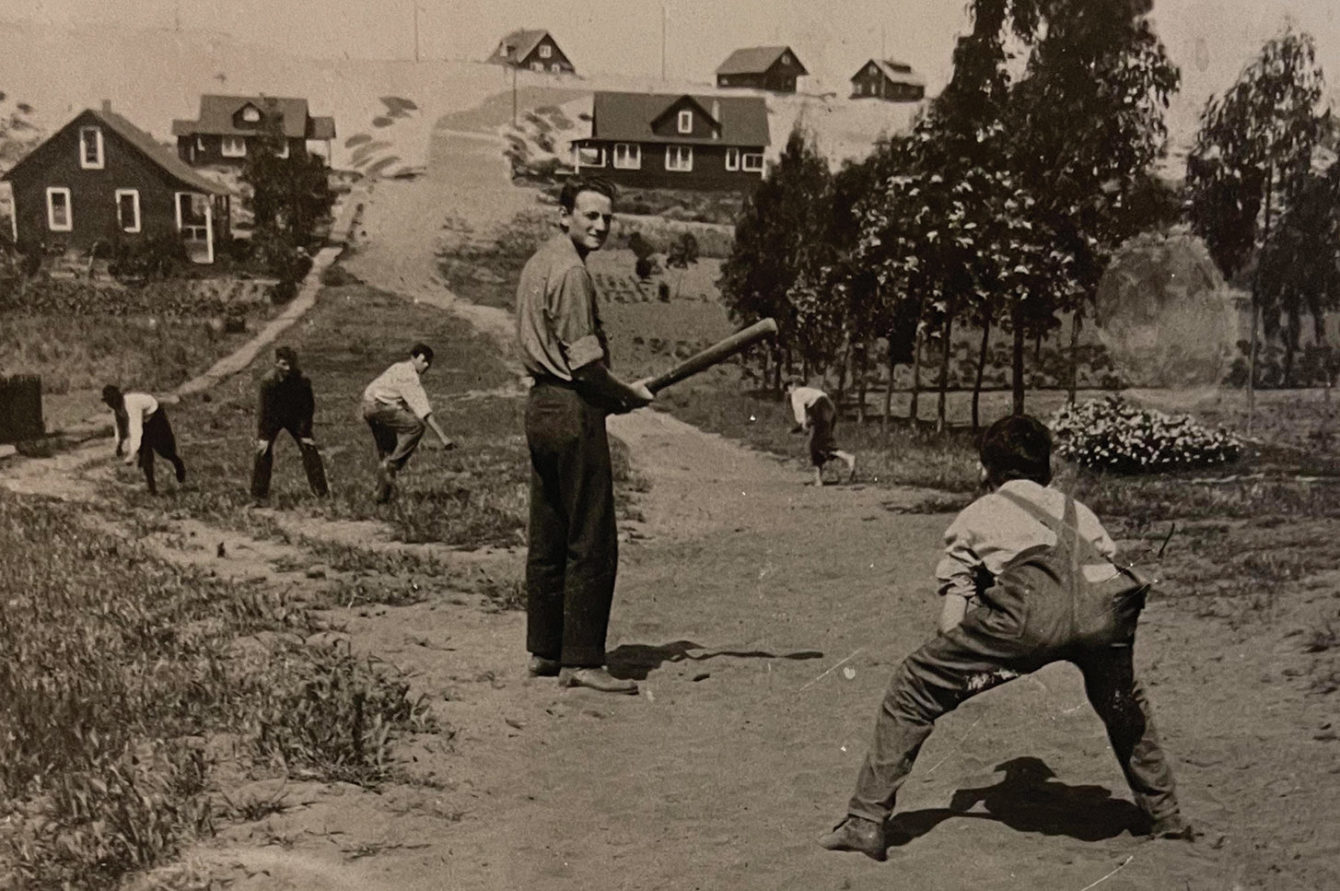
“I’ve heard my great-great-grandmother was a pistol,” Je’Nai says—a description befitting the matriarch of a family Je’Nai describes as headstrong. Bob Sr. had many titles in the small beach community including water superintendent, street superintendent and city marshal. Some sources say he also ran a grocery store as well as the post office.
Bob Sr.’s son, Young Bob, was the community’s first electric light tender. Young Bob Kuhn and his brother, Marshall Kuhn, later owned Kuhn Brothers Construction Company. The firm was not only responsible for paving a portion of the Pacific Coast Highway but, according to Marshall, was also involved in a 1920s deal with developers from Hawaii that involved transporting sand from Manhattan Beach to Waikiki.
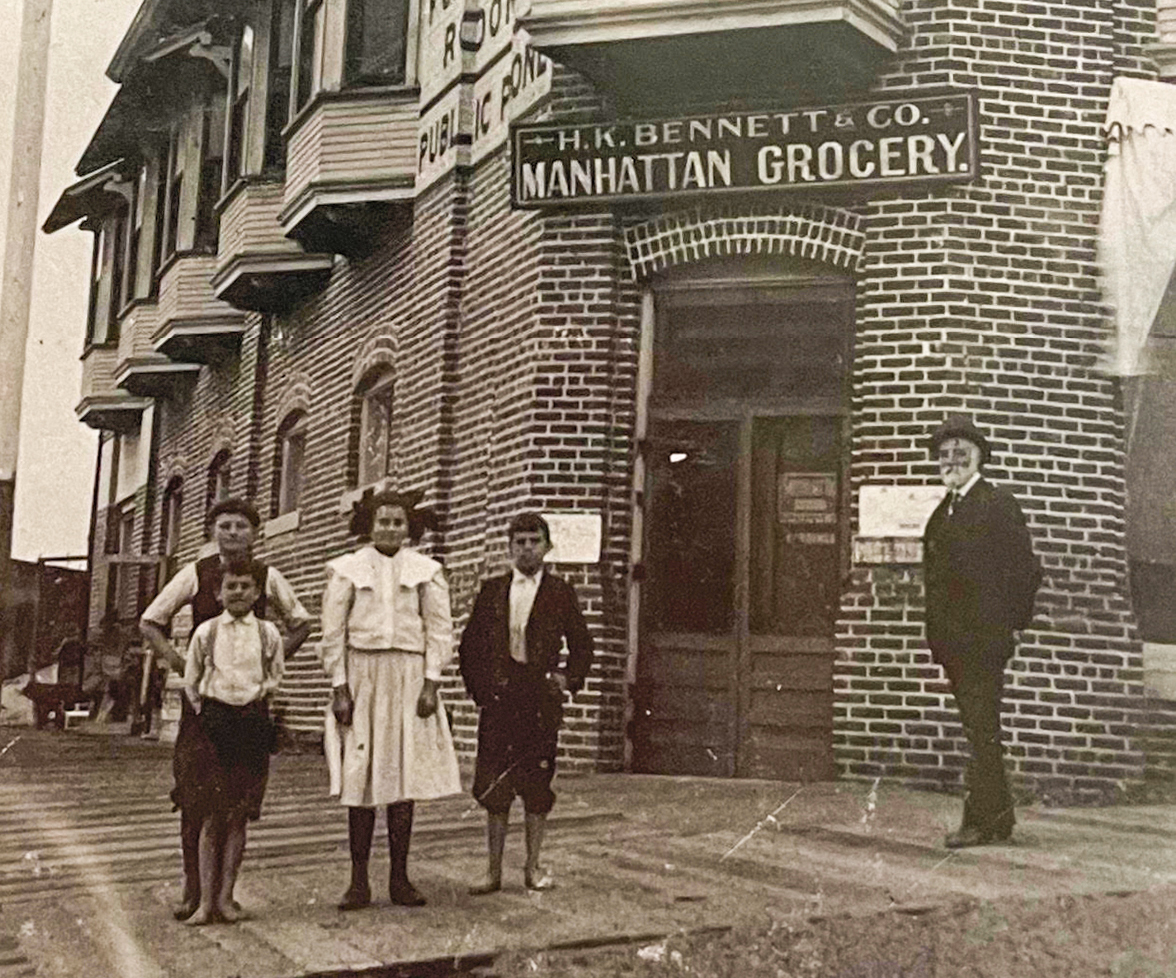
In a 1976 Daily Breeze article, 77-year-old Marshall explained how the deal came to fruition. “We had so much sand at the time,” he said. “A guy came over from Hawaii looking for sand to cover the rock beaches on the islands. Our company was the only one around who had the equipment to handle the operation. We would haul it up from the beach, load it onto railroad cars, and have it transported to the harbor in San Pedro [and then] by barge or ship to Hawaii. Selling it to those guys from the islands was quite a lucrative deal. We sold it to them for years and years. Makes me feel kind of proud. If it wasn’t for Manhattan Beach’s sand, Hawaii might not be what it is today.”
Marshall’s son, Robert Kuhn, who was born in Manhattan Beach in 1922, gained some recognition that reached outside The Bubble—though he changed his name from Kuhn to Bob Keane. A record producer, Keane was most notably known as the owner of Del-Fi Records and for the discovery of Ritchie Valens.
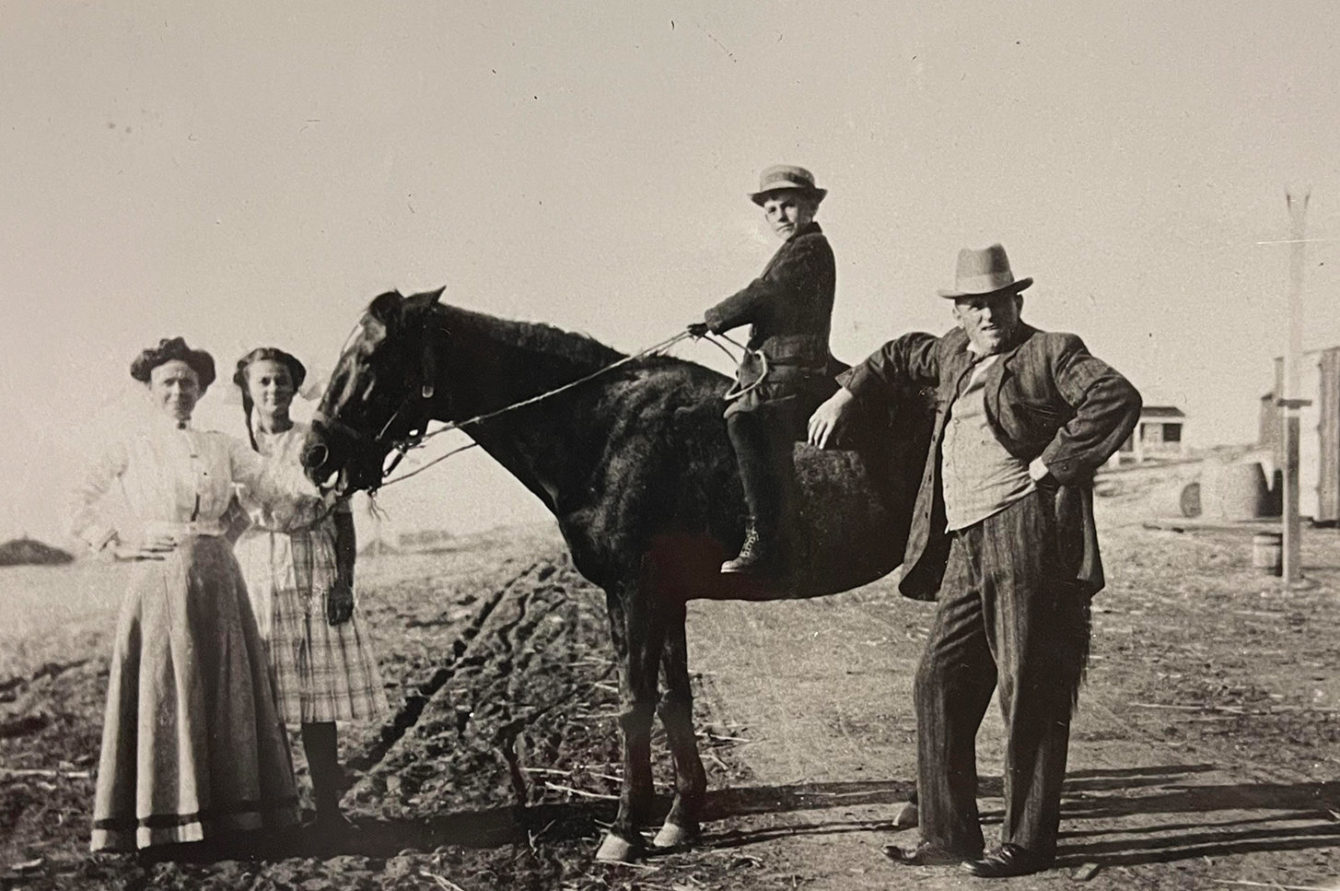
Je’Nai heard parts of the Kuhn history as a child, but only in passing. “The only stories I can recollect are the ones my grandmother would tell me back in the day, and so now I’m putting together the pieces,” she says.
Je’Nai’s mother, Kristi, graduated from Mira Costa in 1969 before leaving Manhattan Beach and joining the Air Force. In fact, most of the Kuhn family—with the exception of Je’Nai’s great-grandmother—would eventually move away from Manhattan Beach. “My Nana said, ‘I had this house built, and I’m not leaving,’” Je’Nai notes with a smile.
When Je’Nai was 7 years old, her mother passed away from cancer. Je’Nai moved to Las Vegas to live with her grandparents, Florianne and Richard, but the family would always return to Manhattan Beach in the summers.
“Even when Nana passed away, we continued the tradition,” Je’Nai notes. “When [Rory and I] had our kids, we would still come back every summer. And then finally, it just felt like home.”
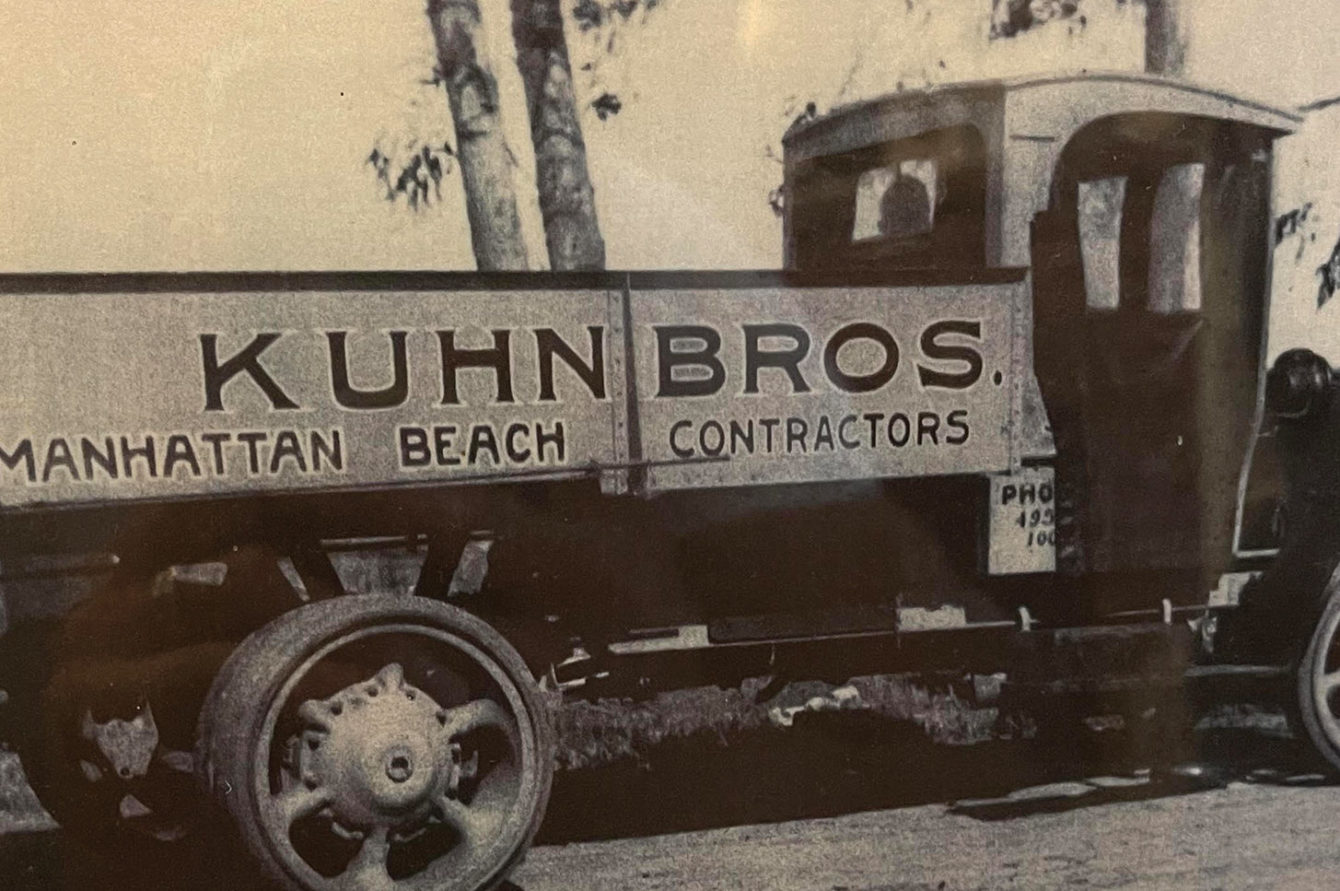
Je’Nai sensed a deep connection to the place her family had called home for generations. And now that she had a family of her own, she wanted to raise them in the place she felt the most connectivity to her roots.
“When you have a sense of loss,” she starts, and then pauses for a moment. “I feel like this is where I’m most supported. I feel like they’re here. Your true soul is always in the place that resonates the most with you. This is where they built themselves, and I feel like I’m meant to rebuild here.”
Rory, who is originally from Waikiki, was supportive of his wife’s desire to move their family to Manhattan Beach and make it their forever home. “[Je’Nai] used to share all these stories about her grandmother and all their deep history, which was fascinating to me,” he says. “The first time we came here together, it was like all of a sudden my soul just sunk in. I started looking at properties, and I could see us raising our kids here. It was an immediate connection.”
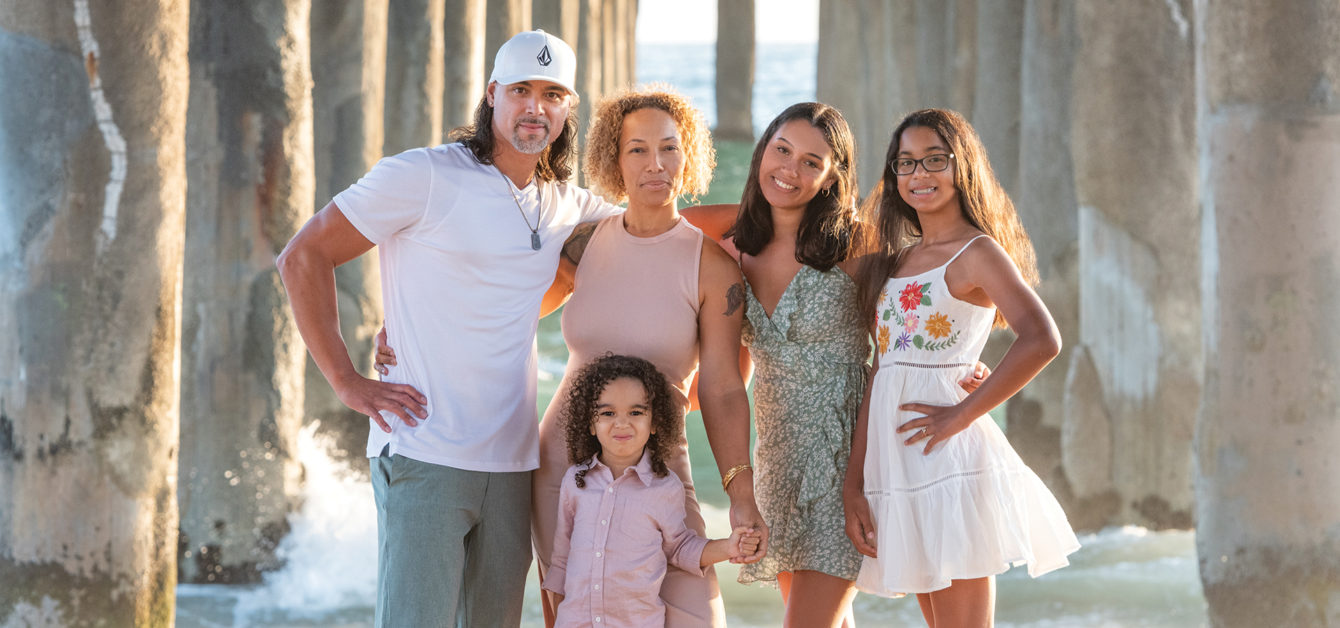
Today Je’Nai and Rory are busy with three kids at three different schools. Je’Nai is a singer, songwriter and author. At age 7 she began using poetry as a form of expression after the loss of her mother. Writing is a passion that continues to inspire her today. This year Je’Nai is a judge for the music composition portion of the PTA’s Reflections Art Program Competition at Mira Costa.
With multiple businesses—including Kane the Dane, a line of luxury dog accessories and a storybook inspired by the family’s larger-than-life Great Dane—Je’Nai and Rory are also part of the Manhattan Beach Chamber of Commerce. Active in the community, this modern-day Kuhn family is living the Beach City lifestyle of the moment.
It’s been a journey for Je’Nai to piece together her history, with so much of it shared through stories passed down from generation to generation by a very private family, as she describes them. But with Rory’s support, she is sharing as much as she can of the Kuhn legacy. “You can’t hold everything in because then no one will ever know the [history],” Rory says. “You have to share.”
Sharing the family’s legacy is especially important for the sake of the three youngest Kuhns living in Manhattan Beach, so they may know their family history and have a deeper appreciation for the small beach community they call home.





